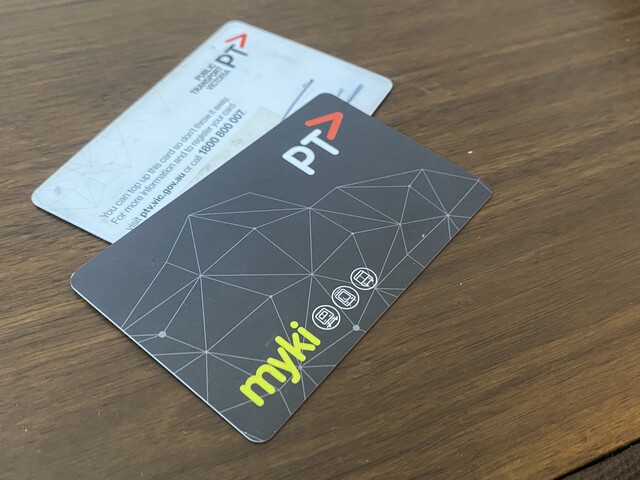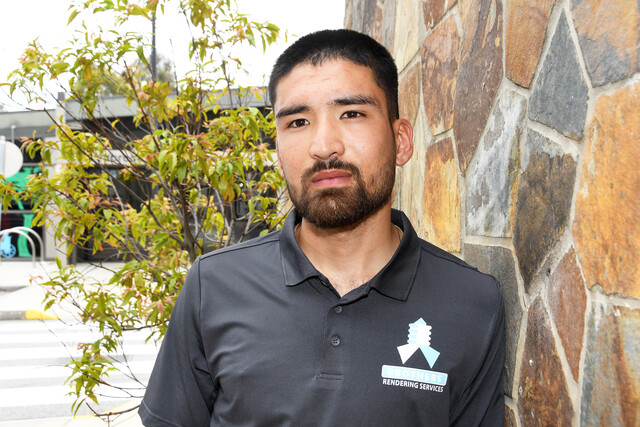By CASEY NEILL
AN UPWEY teen has helped Australia win the Blind Cricket Ashes on foreign soil.
Daniel Pritchard, 17, was the youngest player to travel to England as part of the squad to take on the Poms in three one-day international matches for the coveted trophy and four twenty20 games.
“For the first time Australia claimed the Ashes 3-0 and in another first, Australia won a series on foreign soil,” he said.
The competition has been running every four years since 2004 and Daniel hopes to defend the win in the 2016 clash.
He said the victory gave Australia confidence heading into the Blind Cricket World Cup in India in December.
“Australia hasn’t been that good in blind cricket in recent years,” he said.
But earlier this year, it was the first side to bowl Pakistan out in 15 years, and put in a solid performance in a rain-soaked England.
“It’s nice to be back in the warmer climate of Australia,” Daniel said.
“England’s 11-degree ‘summer’ days certainly were a test for us.”
Daniel didn’t take to the field in the Ashes games but debuted in the twenty20 series for the Julie Powers Memorial Trophy.
“Before getting onto the field every debutant gets handed their baggy green,” he said.
“It’s an amazing feeling to receive such a rare thing that only the top people in Australia can get.”
Daniel was born with a degenerative eye condition that left him severely vision impaired from birth. He became involved in blind cricket by “freak accident”, after meeting blind Australian fast bowler Lindsay Heaven at a vision expo day.
“Before then I didn’t even know blind cricket existed,” Daniel said.
“He was really forceful in trying to get me down and get me involved. Eventually I agreed just to shush him up.”
The game is essentially the same as standard cricket but players use a hard, plastic ball filled with beads that make a rattling sound, bowl underarm, and the ball has to bounce at least twice on the pitch.
It’s mandatory for the bowler to ask the batsman if he’s ready, wait for him to respond, and announce ‘play’ immediately before releasing the ball.
“Once the fielder has the ball…the bowler or wicketkeeper needs to call out their name so they have a sound to aim at,” Daniel said.
A blind cricket side includes players with varying degrees of sight, ranging from 10 per cent of normal sight to none.
Daniel is in the B3 category, which means an object most people can see 60 metres away he can only see at six metres – but he can bowl at a staggering 89 kilometres an hour.
He’s claimed two titles and made a grand final appearance since joining domestic side St Paul’s Blind Cricket Club in 2008, and has collected a string of Victorian Blind Cricket Association accolades.
Blind ashes victory
Digital Editions
-

Fragrant and fresh
Just an hour from Melbourne, nestled in the charming hills of Olinda, lies Australia’s most exceptional tea experience. Tealeaves, a family-run business with over 30…





